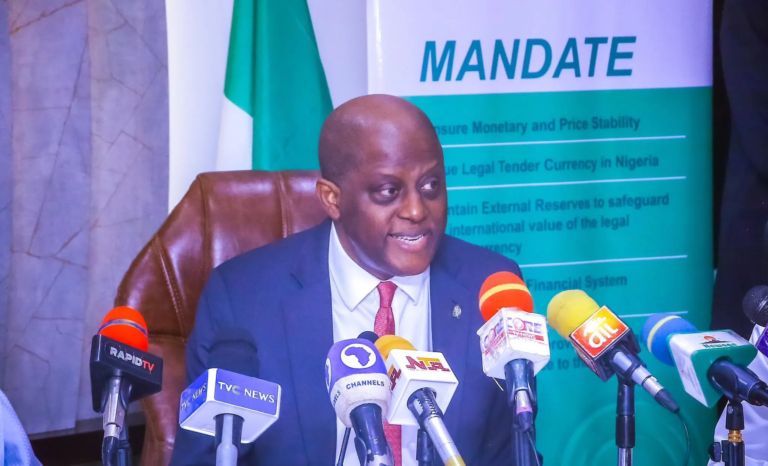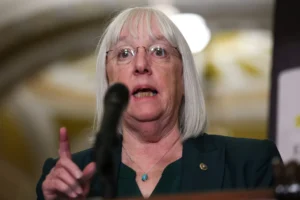Central Bank of Nigeria (CBN) Governor Olayemi Cardoso has expressed optimism that the distribution of petroleum products from the Dangote Refinery in Lagos will help lower transportation costs and alleviate food inflation. This statement was made following the 297th Monetary Policy Committee (MPC) meeting held in Abuja on Tuesday.
Cardoso noted that the availability of refined petroleum from the Dangote Refinery is expected to reduce the demand for foreign exchange for fuel imports, which would positively impact Nigeria’s external reserves and overall balance of payments. He emphasized that this development could ease food price pressures in both the short and medium term by lowering transportation expenses.
During the meeting, the MPC also announced a 50 basis point increase in the Monetary Policy Rate (MPR), raising it from 26.75% to 27.25% to combat inflation, which currently stands at 32.15%. Cardoso pointed out that although inflation showed slight easing in August 2024, food inflation continues to pose a significant challenge, driven by issues such as flooding, rising energy costs, and security threats in agricultural regions.
He commended the government’s ongoing initiatives to tackle food supply shortages, including duty-free import allowances for food commodities, and urged continued focus on the security challenges affecting farming communities.
In related news, the Nigerian National Petroleum Company Limited (NNPCL) commenced the lifting of petrol from the Dangote Refinery in mid-September, claiming to acquire the fuel at ₦898 per litre, a statement that the refinery has denied. Fuel prices have surged threefold since the removal of subsidies in May 2023, adding to the financial strain on Nigerians who depend on petrol amid unreliable electricity supply.
The Dangote Refinery, which began operations in 2022, aims to reach its full capacity of 650,000 barrels per day by the end of the year and has already started supplying diesel, aviation fuel, and petrol to marketers throughout Nigeria.



























